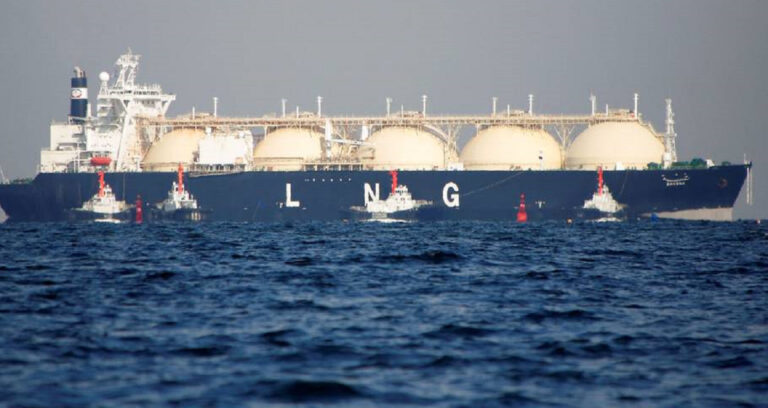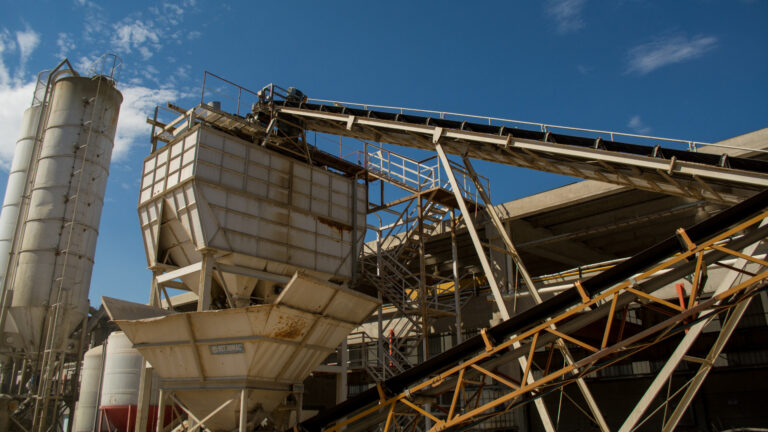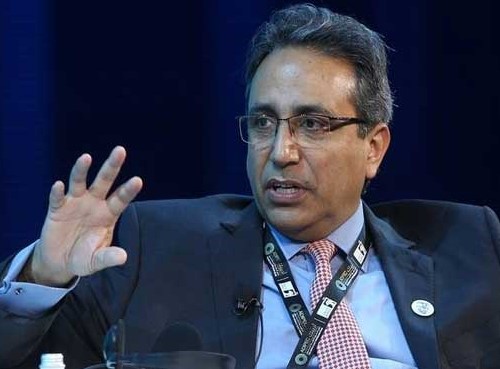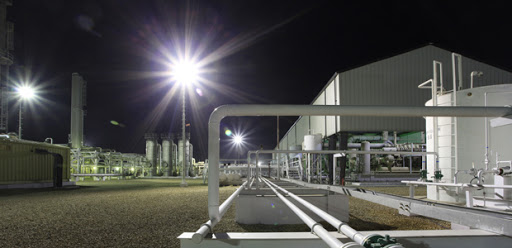Political Uncertainty Casts Shadow Over IMF Deal: Fitch
Muhammad Haris
The outcome of Pakistan’s recent election and the subsequent political uncertainty may complicate the country’s efforts to secure a financing agreement with the IMF, replacing the expiring Stand-By Arrangement (SBA) in March 2024, according to Fitch Ratings.
A new agreement is crucial for Pakistan’s credit profile, and it is assumed that one will be reached within a few months. Pakistan Assures IMF To Increase Revenue Base
However, prolonged negotiations or failure to secure such an agreement would heighten external liquidity stress and increase the risk of default.
Pakistan’s external position has recently improved, with the State Bank of Pakistan reporting net foreign reserves of USD 8.0 billion as of February 9, 2024, up from a low of USD 2.9 billion on February 3, 2023.
Nonetheless, this remains low compared to projected external funding needs, which are expected to exceed reserves for at least the next few years.
It is estimated that Pakistan fulfilled less than half of its USD 18 billion funding plan in the first two quarters of the fiscal year ending June 2024 (FY24), excluding routine rollovers of bilateral debt.
Given the sovereign’s vulnerable external position, securing financing from multilateral and bilateral partners will be one of the most pressing issues for the next government’s agenda.
Despite the strong showing by candidates associated with Imran Khan’s Pakistan Tehreek-e-Insaf (PTI) party in the election, it appears likely that a coalition of the Pakistan Muslim League-Nawaz Party and Pakistan People’s Party will form the government.
Negotiating a successor deal to the SBA and adhering to its policy commitments will be crucial for maintaining external financing flows, not just from the IMF, and will strongly influence the country’s long-term economic trajectory.
Finalizing a new IMF deal is expected to be challenging. The current SBA is considered an interim package, and any successor arrangement is likely to come with stricter conditions, which may face resistance from entrenched vested interests in Pakistan.
Nevertheless, it is assumed that any resistance will be overcome, given the acute nature of the country’s economic challenges and the limited alternatives available.
Continued political instability could prolong discussions with the IMF, delay assistance from other multilateral and bilateral partners, or hinder reform implementation.
It is believed that a new government will take office relatively quickly and engage with the IMF, but risks to political stability are likely to persist. Public discontent could increase further if PTI remains marginalized, as the election demonstrated continued strong public support for the party.
Pakistan’s track record with completing IMF programs is poor, with less than half of its 24 programs disbursing more than 75% of the available funding.
However, there has been some progress on targets under the current SBA. Additionally, there appears to be a stronger consensus within Pakistan regarding the necessity of reforms, which could facilitate the implementation of a successor arrangement.
Policy risks could escalate again over time if external liquidity pressures ease, either due to initial reform successes or external developments such as a significant drop in oil prices.
This could result in a renewed accumulation of economic and external imbalances. It is believed that Pakistan’s external finances will remain structurally weak until and unless it develops a private sector capable of generating significantly more export income, attracting FDI, or reducing import dependence.








